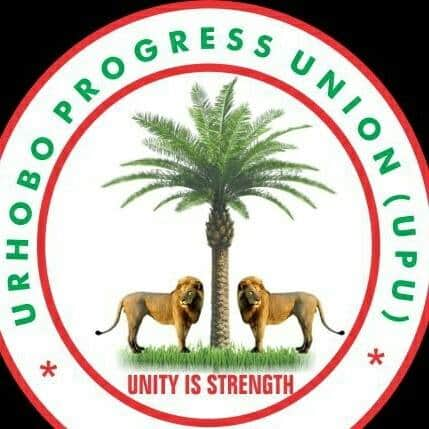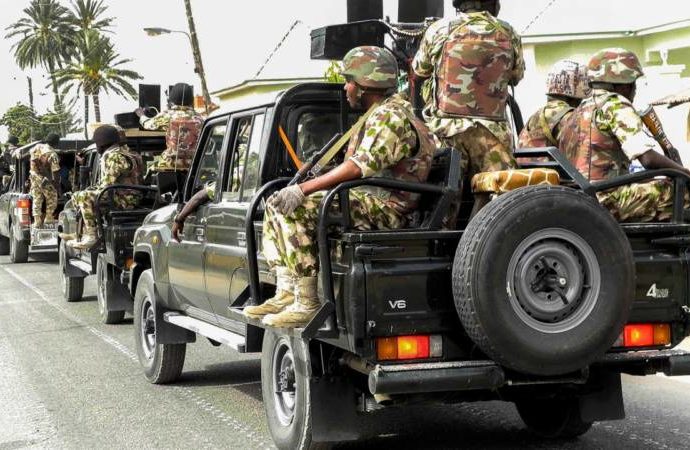The reaction from Jim Yong Kim’s statement that President Muhammadu Buhari asked the World Bank to focus on the North – of course, the North-East – is a shocking display of a gross misunderstanding of the present administration’s foreign policy thrust, as regards demands made to international development organizations.
The uncoordinated reactions generated from Kim’s statement have obliterated the debate the World Bank must have been trying to start. The debate is: What should be Nigeria’s best demand from the World Bank at this point, bearing in mind the best drivers of growth?
The debate ought to be on whether the reconstruction of the North–East has the potential of catalyzing all other developments in Nigeria. The name callings that have submerged this debate is totally unnecessary.
Currently, President Buhari has three main messages to international development organizations. Apart from asking rich countries to help repatriate stolen monies abroad and fight Boko Harm, Buhari’s third appeal to developed countries is to help in providing funds needed to reconstruct the North-East — including Lake Chad.
Without an organization like the World Bank – which is owned and funded by 187 countries based on the size of their economies – the shattered North-East would have few, if any, places to access loans for its reconstruction.
The World Bank lends to middle-income countries at rates lower than rates from commercial banks and to very poor countries at no interest. It lends to countries that would ordinarily not be the attraction of other commercial lenders.
Buhari leveraged on the World Bank’s structure to meet one of his foreign policy thrust. The funds needed for the reconstruction of the North-East could only come from an organization such as the World Bank.
After all, the World Bank was established in 1944 to reconstruct Europe and Japan after World War II. Now, the North- East needs similar reconstruction.
With Buhari’s appeal to the World Bank for support, he met the first requirement of World Bank: A country identifying a need and asking the Bank for a loan.
Of course after Buhari’s request, the World Bank must have reviewed the request and asked questions, as it is in its tradition. The first question is usually on how the project would benefit the poorest people, impact on the environment and improve economic opportunities for women. They also ask if other funding sources could be found and how the project would be maintained if funding ends.
And since these were the major thrust of Buhari’s foreign policy, negotiations and answers to the Bank’s questions would have been readily available.
And in 2015, after meeting with senior officials of the World Bank in Washington, President Buhari announced that the World Bank had pledged $2.1 billion to help the north-eastern part of the country ravaged by Boko Haram. This money was expected to be given as an interest free loan for the next 10 years. The president even invited the Bank to Nigeria to see how best it could administer this loan.
Now,the Bank chief says it has been carrying out the president’s wish but it had been hard for it in the North. He went further to propose what he thinks should be the best investment we should be going after, going forward. Definitely, the Bank would support the kind of investment he thought were best for us.
‘’Nigeria has to think ahead and invest in its people. Investing in the things that will allow Nigeria to be a thriving, rapidly growing economy in the future is what the country has to focus on right now… But very, very much important is the need to focus on what the drivers of growth in the future will be’’, the World Bank chief argued.
Implicit in the World Bank chief’s argument is that some other drivers of growth– like general human capital development — would help spur the needed growth in Nigeria. And with this growth, internal issues – probably like the massive reconstruction needed in the north-eastern part — can be efficiently solved with local resources. And of course, with some support from international partners.
Source: today.ng





